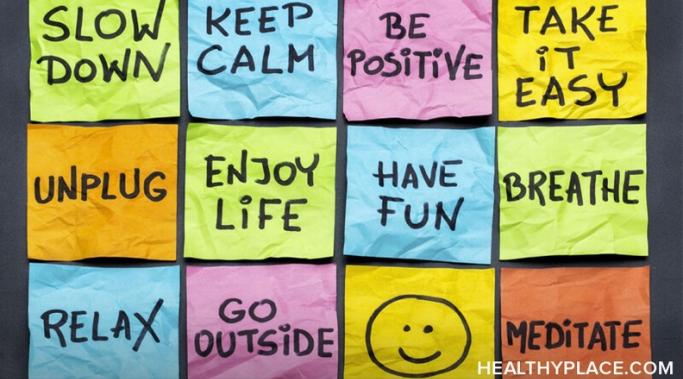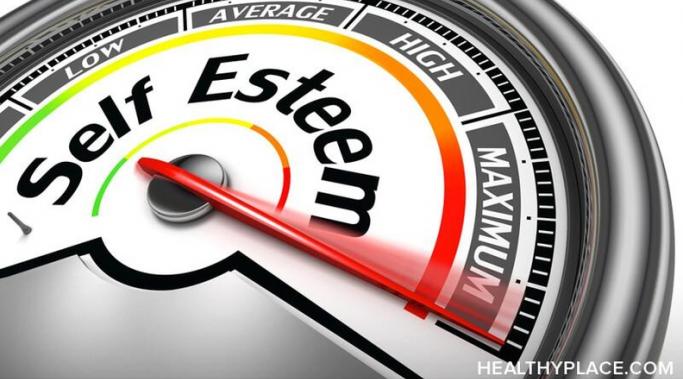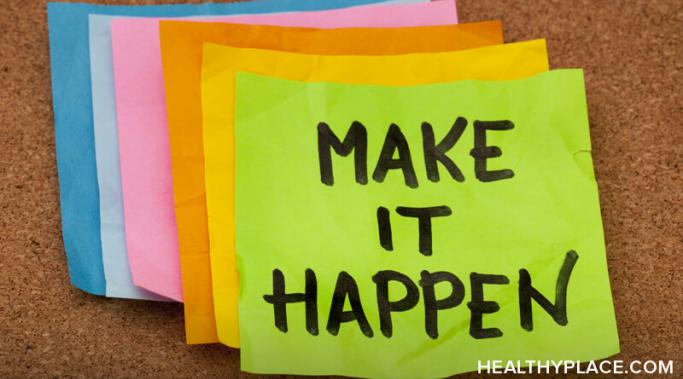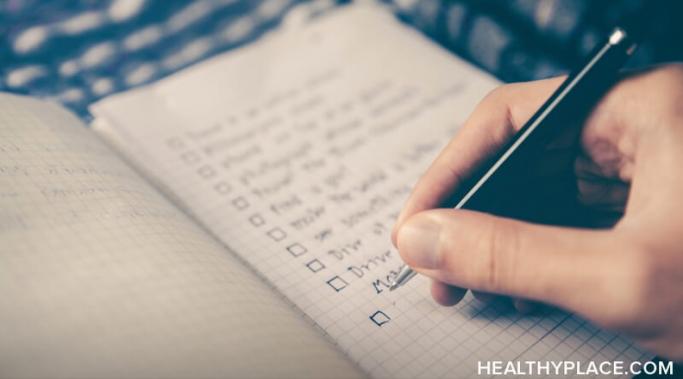I've been working through ways to build better self-esteem. I've laid out how long of a journey it can be. Like any long journey, the feeling of being stuck will pop up now and then. I've started to feel stuck over the last couple of weeks. Today, I'll talk about managing that feeling and getting back on track by resetting your perspective.
Self Confidence
This will be my last post for "Building Self-Esteem," and I want to leave you with three truths about self-esteem. It's been a little over a year since my introduction post, and what a year it's been. In addition to working through my self-esteem issues and sharing my stories, these posts have become a journal of my pandemic experience.
Every day is different, and you can build self-esteem by doing a daily check-in to think about how you can set yourself up for success. Last month I was a guest on a Facebook Live hosted by HealthyPlace, and I mentioned this practice. It got some people interested, so I thought I would share how I go about doing it. This check-in will only take you a few minutes in the morning. If you're like me, you will find it a valuable addition to your day and a sure-fire way to build self-esteem.
In my last blog post, I spoke about how changing the viewpoint I took on my life, and my accomplishments helped to build my self-esteem. Taking a long-term view of my progress over a 10-year period showed that my trend, like that of the stock market, was upwards and to be celebrated. There's another example of changing my viewpoint that helped my self-esteem get stronger that I will share today.
Life eventually taught me that changing my view could help my self-esteem and let me feel better about myself. My self-esteem suffered for many years because my view was focused firmly on the things I didn't accomplish. There was no way to deny that I didn't finish this thing, and never started that thing, and failed to reach my goal at the other. With my mind's telescope pointed only at my disappointments, I could come to no other conclusion than I was not worthy of respect from myself or others.
I have a talisman that I carry with me everywhere I go, and it helps keep my self-esteem strong. A talisman is a good-luck piece, but it can also act as a trigger to evoke a memory or an emotional response. Here's the story of my talisman for my self-esteem and how you can use one of your own.
One effective method of building self-esteem that worked well for me was to build self-esteem through skills. “I can’t do anything right.” It’s a popular refrain of depressive self-talk. I should know. I used to do it all the time. Today, while I’m still not immune to such thoughts, I don’t have them nearly as often as I used to. When they do pop up, I’m much better at telling them to shut up and go away. It all started with just one thing.
It's important to learn to move on after failure because we aren't going to succeed at everything, and failure can damage our self-esteem. Yet building self-esteem can require us to stretch beyond our limits, even though, sometimes, our efforts may not bring us the results we hope for. When our self-esteem is poor, it's hard to keep ourselves motivated and positive. How do we continue to move forward after failing?
Boundary-setting is an important skill set to practice when you are on a journey to build stronger self-esteem. Like any other new activity that seems challenging in the beginning, your mastery will improve every time you try it.
The journey to stronger self-esteem is easier when you make time to set yourself up for success. Even when we face tasks that we are unable to do, we can improve our success rate by thinking ahead about why we failed and what we can change this time to help us win. With proper setup, we can change the outcome and bolster our self-esteem.









